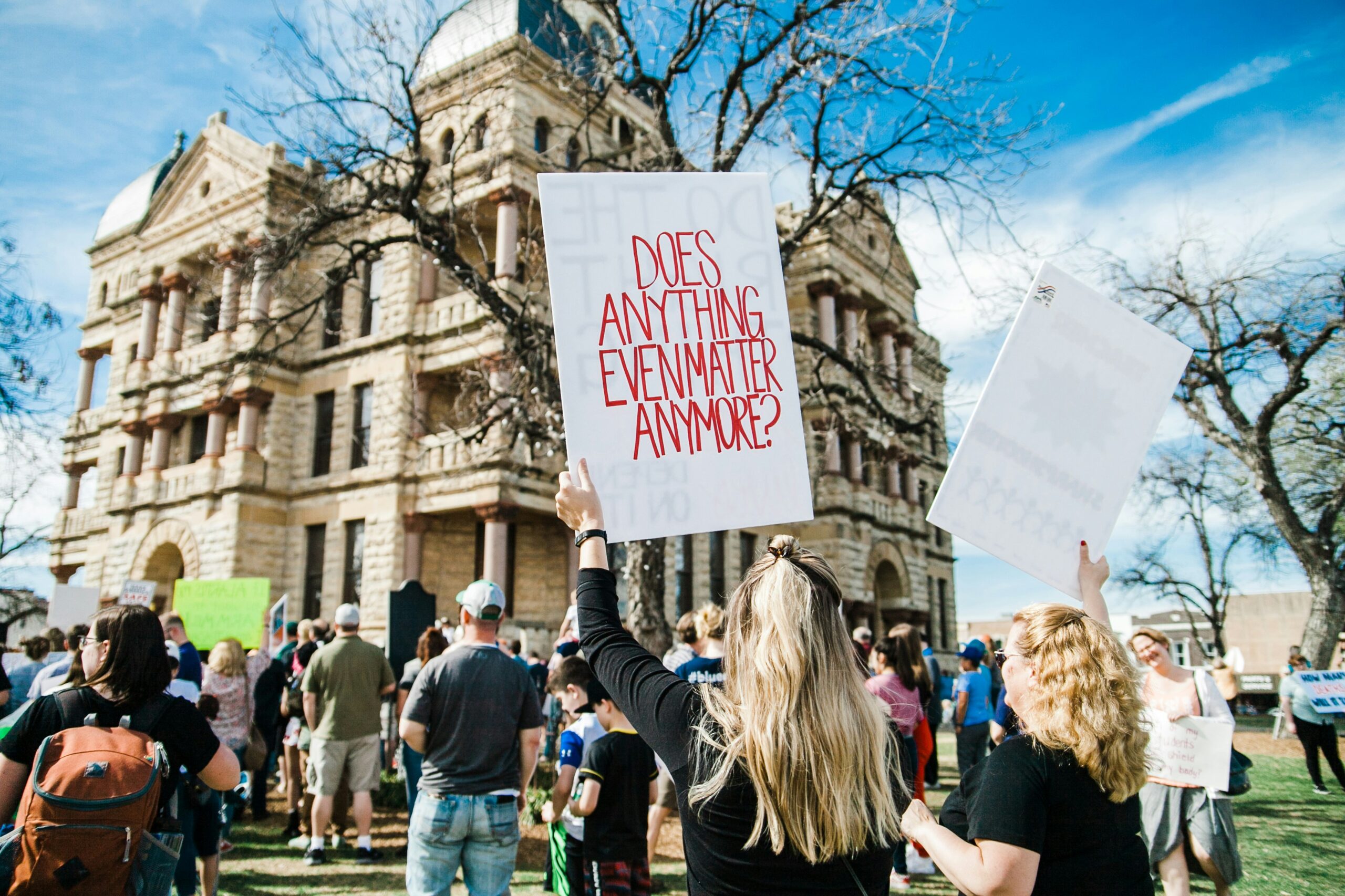In today’s politically charged environment, it’s easy to get caught up in partisan conflicts that often overshadow the more significant, universal issues that affect us all. Political parties, while essential for organizing differing views and governance structures, should not limit our capacity for empathy and cooperation. This post delves into why we need to look beyond these divisions to address the larger human concerns that bind us, fostering a world centered on collective well-being rather than partisan allegiance.
The Limitations of a Party-Centric Approach

While political parties can help structure political debate, they often also promote division and hinder consensus. Here’s how an overemphasis on political affiliations can limit our societal progress:
1. Polarization and Gridlock Political parties tend to create an ‘us vs. them’ mentality, leading to polarization. This environment makes it difficult to reach compromises, often resulting in policy gridlock that stalls necessary reforms.
2. Narrow Focus Parties may focus narrowly on issues that appeal to their base, ignoring broader or emerging concerns that are vital to public welfare.
3. Reduced Individual Thinking Heavy party influence can discourage individual critical thinking, with party members sometimes prioritizing loyalty over reason and broader societal benefits.
Shifting to a Human-Centered Perspective

To combat the limitations of a strict party-centric approach, shifting our focus to human-centered thinking can pave the way for more inclusive and effective solutions. Here’s how we can foster this shift:
1. Emphasizing Common Humanity Focusing on what unites us rather than what divides us can help mitigate partisan bitterness. Initiatives that emphasize common goals, such as community service projects or public forums on shared issues, encourage collaboration across party lines.
2. Encouraging Independent Thought Promote education systems and media outlets that encourage critical thinking and the evaluation of information beyond partisan sources. This approach helps individuals make informed decisions based on facts and compassion rather than party doctrine.
3. Prioritizing Compassionate Policies Policies should prioritize the well-being of all citizens, focusing on human rights, healthcare, and environmental sustainability. When policies are crafted with the direct input of diverse community voices, they are more likely to address the actual needs of the populace effectively.
Creating Actionable Steps Towards Change

With a clearer understanding of why a human-centered approach is necessary, here are actionable steps individuals and communities can take to cultivate this mindset:
1. Engage in Community Dialogue Participate in or organize local meetings that encourage dialogue among community members of various political affiliations. These should aim to address local issues from multiple viewpoints, fostering a mutual understanding.
2. Support Nonpartisan Initiatives Support or volunteer for nonpartisan organizations that focus on human welfare and social issues. These groups work to bridge gaps between different political ideologies for common causes.
3. Practice Compassionate Listening Make a personal commitment to listen to and understand perspectives different from your own, especially those from other political backgrounds. Compassionate listening can lead to greater empathy and reduce partisan animosity.
The Path Forward Together
By embracing a human-centered approach over a party-centric one, we can create a society that values empathy, cooperation, and practical solutions to global challenges. This shift is not just beneficial but necessary for the well-being and future of our interconnected world. It’s time to transcend our differences and work together towards a more inclusive, peaceful, and thriving society for everyone.
As we look ahead, let us remember that our actions and attitudes can either divide or connect us. Let’s choose connection.
Feature Photo by Heather Mount on Unsplash


Leave a Reply